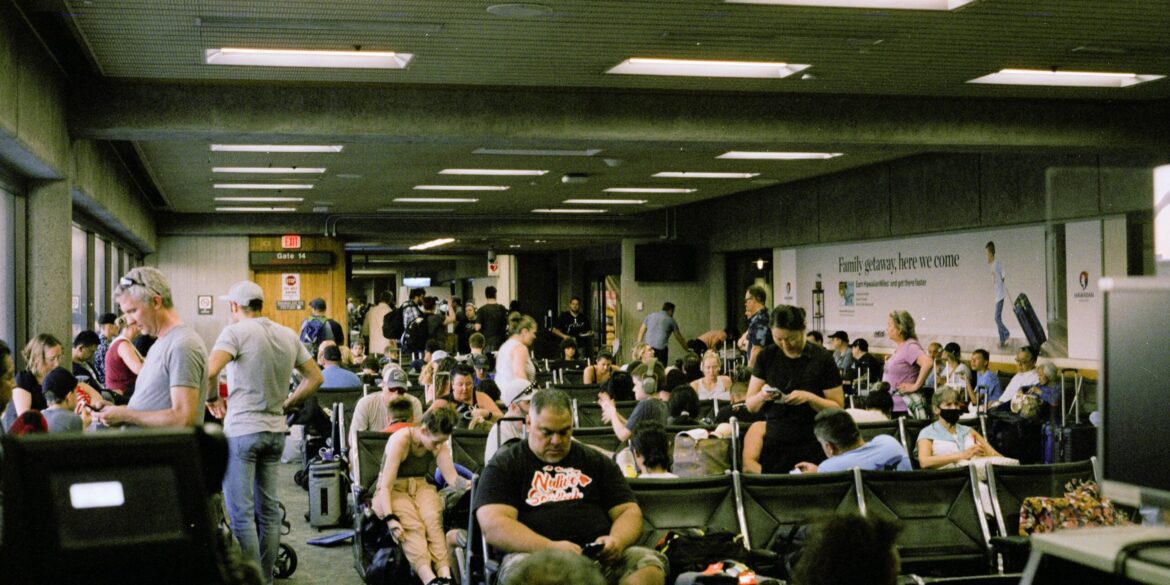Acting TSA Administrator Ha Nguyen McNeill has reignited the debate over the future of the Transportation Security Administration (TSA) with recent comments suggesting the potential for privatization, just weeks after the full rollout of Real ID requirements across the United States.
“Nothing Is Off the Table,” Says TSA Head
Speaking during a hearing of the House Appropriations Subcommittee on Homeland Security, McNeill was asked directly about the possibility of privatizing TSA operations. Her response—”Nothing is off the table”—has stirred significant discussion among policymakers, industry experts, and TSA employees.
While no formal plans have been announced, the remark signals a potential shift in federal policy at a time when the agency faces renewed scrutiny over efficiency, employee morale, and security effectiveness.
Privatization Already Underway in Some Airports
Privatization within the TSA isn’t entirely new. The Screening Partnership Program (SPP), launched in the wake of the September 11 attacks, allows airports to opt into using private security firms for screening services under TSA oversight. Currently, 21 airports participate in the program, including major facilities in San Francisco and Kansas City.
Supporters of expanding privatization argue that it allows for greater flexibility, responsiveness, and innovation. “Private contractors are incentivized to maintain high performance levels,” said one aviation policy analyst. “They can often adapt more quickly than federal agencies burdened by bureaucracy.”
Some smaller airports have reported improvements in passenger satisfaction and operational efficiency since switching to private screeners. However, the effectiveness of these programs remains under scrutiny by oversight bodies and public interest groups.
Union Voices Concerns Over Worker Impact
The American Federation of Government Employees (AFGE), which represents nearly 47,000 TSA workers, has strongly opposed the idea of widespread privatization. The union warns that privatization could lead to a deterioration in working conditions, including reduced wages, loss of benefits, and increased turnover rates.
“Privatizing the TSA would prioritize profits over public safety,” said an AFGE spokesperson. “Our members are trained professionals who perform a critical national security function. Turning that over to the lowest bidder is a dangerous path.”
Union leaders also note that TSA workers have long grappled with pay disparities and limited workplace protections compared to other federal employees, issues they fear would worsen under a privatized model.
Real ID Deadline Adds Pressure to TSA Operations
The privatization debate comes at a time of increased operational pressure for the TSA, as the long-awaited Real ID requirement became effective nationwide on May 7, 2025. Under the new rules, travelers must present a Real ID-compliant form of identification to board domestic flights or enter certain federal facilities.
The implementation has been complex, with varying requirements by state and a mix of in-person and online verification processes. The Department of Homeland Security has worked closely with the TSA to ensure a smooth transition, but delays and confusion have been reported at airports across the country.
Critics argue that pushing for privatization amid such challenges could further complicate an already difficult situation. “It sends mixed signals,” said a former DHS official. “We need stability and strong leadership, not more uncertainty.”
TSA Reiterates Security Commitment
Despite the swirling speculation, the TSA has reiterated its commitment to maintaining rigorous security standards and enhancing the travel experience for millions of Americans. A TSA spokesperson emphasized that no final decisions have been made regarding privatization and that any such consideration would involve thorough review and stakeholder input.
“We are focused on ensuring the safety of the traveling public while adapting to new challenges and technologies,” the spokesperson said. “Our goal is to continue delivering effective security in the most efficient and equitable way possible.”
Looking Ahead: A Crossroads for TSA Policy
As policymakers, union leaders, and the public weigh in, the future of the TSA remains uncertain. The intersection of evolving security needs, technological advances, and labor concerns will likely shape the trajectory of any reform efforts.
While McNeill’s comments have opened the door to new possibilities, they have also spotlighted the deep divisions and complex trade-offs involved in reimagining a critical pillar of national security

